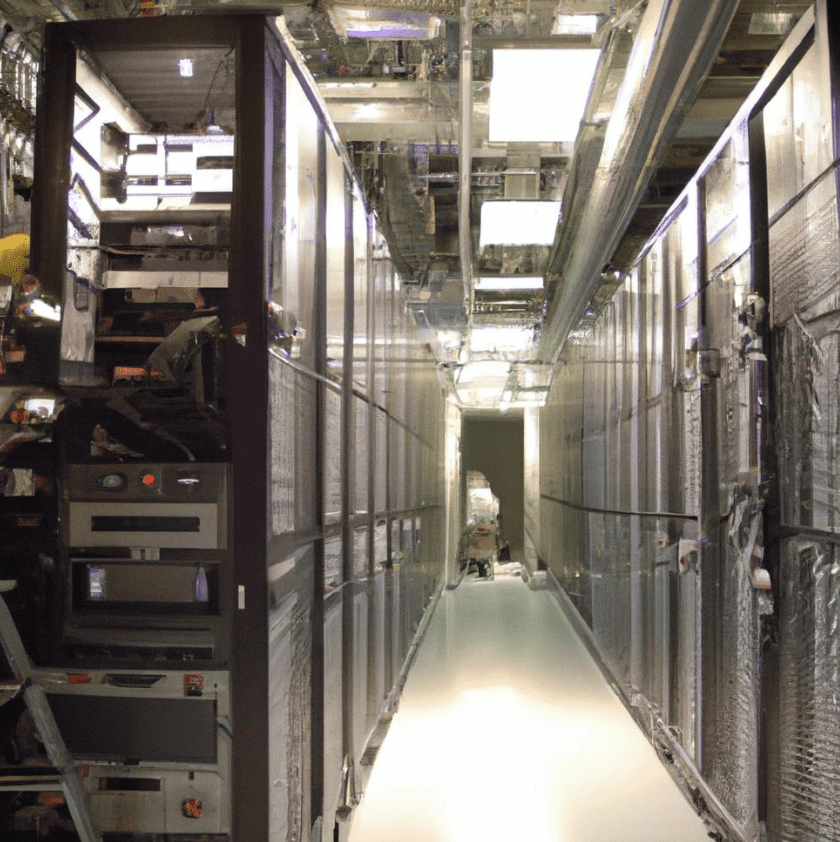Introduction
The data centre industry in London, UK, stands at a pivotal juncture, marked by rapid technological advancements, evolving consumer demands, and an ever-growing reliance on digital infrastructure. This report explores the current landscape of data centres in London and forecasts the future trajectory of this critical industry.
Current State of Data Centres in London
- Market Overview: London serves as a significant hub for data centres in Europe, driven by the city’s strategic location, robust connectivity, and burgeoning tech ecosystem. The demand for data centre services has surged with the rise of cloud computing, IoT, AI, and big data analytics.
- Key Players: Several major players, including Equinix, Digital Realty, and Global Switch, dominate the London data centre market, offering a wide range of services catering to diverse client needs.
- Technological Advancements: The industry has witnessed innovations in cooling technologies, energy efficiency measures, and the adoption of renewable energy sources to reduce environmental impact.
Trends Shaping the Future
- Edge Computing: The proliferation of IoT devices and the need for low-latency applications are driving the adoption of edge computing, leading to the decentralisation of data centres and the establishment of smaller, distributed facilities closer to end-users.
- Sustainability and Green Initiatives: There’s an increasing focus on sustainability, prompting data centre operators to invest in renewable energy sources, energy-efficient designs, and carbon-neutral operations to meet environmental targets.
- AI and Automation: The integration of AI-driven technologies and automation is enhancing operational efficiency, predictive maintenance, and optimizing resource utilization within data centres.
Challenges Facing the Industry
- Infrastructure and Space Constraints: Limited availability of suitable real estate and the challenge of expanding existing facilities pose constraints on the industry’s growth.
- Regulatory Compliance: Compliance with stringent data privacy regulations, such as GDPR, continues to be a significant challenge for data centre operators.
- Cybersecurity Threats: With the increasing volume and value of data stored, data centres face persistent cybersecurity threats, necessitating robust security measures and constant vigilance.
Opportunities for Growth
- Hybrid and Multi-Cloud Solutions: The adoption of hybrid and multi-cloud strategies presents opportunities for data centre providers to offer diverse solutions catering to varied customer needs.
- Innovation in Design and Operations: Investing in innovative designs, modular infrastructure, and advanced operational practices can improve efficiency and scalability.
- Partnerships and Collaboration: Collaborations with tech companies, government bodies, and energy providers can drive innovation and facilitate sustainable growth.
Conclusion
The future of the data centre industry in London is poised for transformative changes driven by technological innovation, evolving consumer demands, and the imperative of sustainability. Embracing these trends, overcoming challenges, and capitalising on emerging opportunities will be critical for the industry’s sustained growth and relevance in the digital era.
This report aims to provide a comprehensive overview of the present state and the potential future developments within the data centre industry in London, offering insights for stakeholders, industry players, and policymakers to navigate the evolving landscape effectively.



